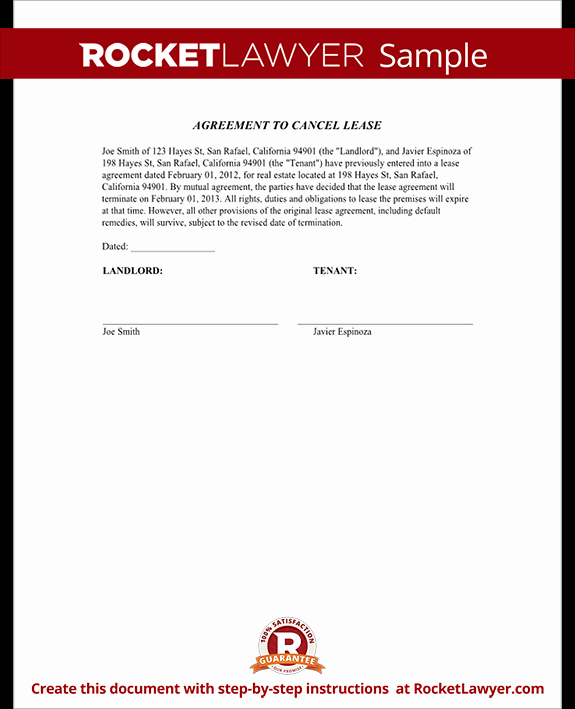

Reduce or defer rent for a set period of time, but tack term onto the end of the lease.Ĥ. If the term is short (under a year), and rent amounts are high, extend into a promissory note secured by a personal guaranty after term ends.ģ. Reduce or defer rent for a set period of time with repayment amortized over remaining term. Reduce, defer or abate rent for a set period of time, with no repayment, in exchange for more favorable lease terms, such as an extension of the term, termination of options or rights of refusal/first offer or elimination of exclusive or restrictive use provisions.Ģ. Some of the solutions that are being used by landlords include:ġ. The number of viable tenants will be reduced drastically in the economic downturn caused by this crisis, and landlords will need to examine the cost to re-tenant when considering what abatement it can (or can’t afford) to grant/offer. If a landlord refuses to abate rent (or grants only minor relief) and the tenant goes under, the vacancy loss and costs to fund a replacement tenant could be the same as the abatement requested. These are individual questions to each landlord and its own property. Please remember, this is a crisis that is not of the tenant’s making. Rental interruption or other insurance without pandemic/epidemic as an exclusion.Lender cooperation - covenant deferral or waiver, payment restructure, interest-only payments.Finally, landlords should consider the long-term market implications for the rental property. Landlords should consider whether obligations to existing tenants will be impacted if certain tenants are lost and the overall impact to the property. Landlords should also consult their property managers, attorneys and accountants to evaluate abatement and deferral requests so that they are structured to maximize the benefit to both landlord and tenant. Many lenders would prefer to work with landlords to avoid loan defaults, so landlords should also be in communication with their lenders. Loans often require minimal levels of cash reserve and cash flow. Many insurance policies will contain exclusions for viruses or pandemics, but it is worth reviewing the policy to determine if any coverage is available.

Landlords should also review their own insurance policies as well as existing contractual obligations to lenders and to other tenants. Landlords should also direct tenants to local assistance programs, including those run by cities and local chambers of commerce or regional foundations. Landlords should be in communication with their tenants and talking to them about their situation. The Governor’s Executive Order asks the California Public Utilities Commission to monitor measures undertaken by public and private utility providers to implement customer service protections for critical utilities, including electric, gas, water, internet, landline telephone, and cell phone service on a weekly basis. The order also requests banks and other financial institutions to halt foreclosures and related evictions during this time period. The protections are in effect through May 31, 2020, unless extended. The order does not relieve a tenant from the obligation to pay rent, or restrict the landlord’s ability to recover rent that is due. I strongly encourage cities and counties take up this authority to protect Californians.” “Over the next few weeks, everyone will have to make sacrifices – but a place to live shouldn’t be one of them. “People shouldn’t lose or be forced out of their home because of the spread of COVID-19,” said Governor Newsom. The Executive Order comes as Californians are experiencing substantial loss of hours or wages, or layoffs related to COVID-19, affecting their ability to keep up with their rents, mortgages, and utility bills. SACRAMENTO – Governor Gavin Newsom issued an executive order that authorizes local governments to halt evictions for renters and homeowners, slows foreclosures, and protects against utility shutoffs for Californians affected by COVID-19.


 0 kommentar(er)
0 kommentar(er)
